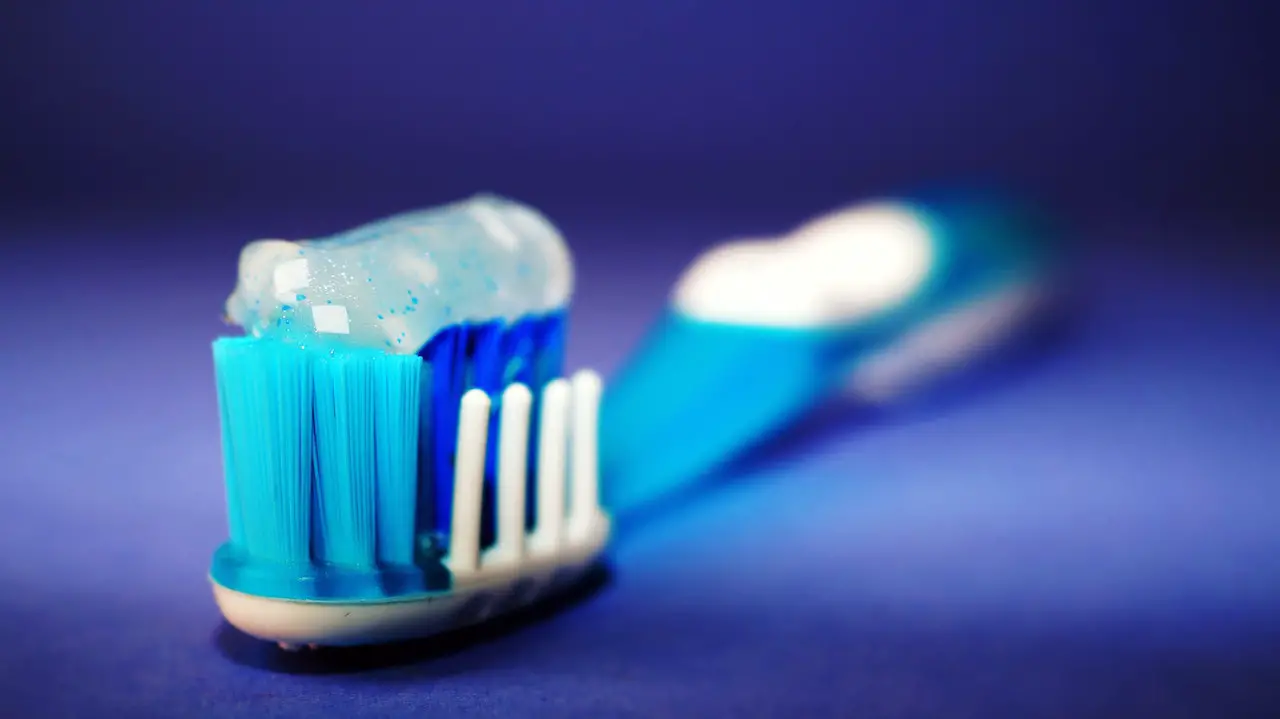How Google Uses the Toothbrush Model to Evaluate Startup Ideas?
When Sundar Pichai and the brains at Google look at early-stage startups to invest in or acquire, they boil it down to one simple question – is this product or service as useful as a toothbrush?
Essentially, they want to know if it’s something people will use every day.
Toothbrushes – the OG Daily Necessity
To really grok the toothbrush model, we first gotta look at why toothbrushes themselves are such a killer product. Real talk – everybody needs one. Don’t matter if you’re the Queen of England or a Himalayan yak herder, you gotta brush them chompers at least once a day.
Toothbrushes check all the boxes:
- Utility – cleans your teeth, prevents painful cavities
- Affordability – they cheap yo
- Accessibility – you can buy one anywhere
- Frequency – used daily, sometimes more
Simply put, toothbrushes provide tremendous value on the daily. Now compare that to something you might use once a year, like a power sander. The utility and frequency just ain’t the same.
Applying the Toothbrush Test
When evaluating a new startup, Google asks – could this product become as ubiquitous as a toothbrush?
For example, let’s say you pitch them an app that delivers custom bouquets of wildflowers by drone. Beautiful idea, but unlikely to be a daily necessity for most folks. It fails the toothbrush test.
On the other hand, an AI assistant like Siri or Alexa has passed the test with flying colors. Voice tech has become a daily habit for millions.
Some other startups that have brushed their way to success:
- Uber – on-demand rides whenever you want
- Calm – daily meditation app
- Duolingo – daily language learning
- Headspace – daily mindfulness/meditation
See the pattern here? All provide utility and value on the daily.
More than Just Frequency
But it’s not just frequency that matters. To truly pass the toothbrush test, the product also needs:
Simple core utility – does it cleanly solve a common problem or need? Like toothbrushes removing plaque and freshening breath.
Habit-forming – does using it become second nature? Most people automatically reach for their toothbrush without thinking.
Delight – is it fun and pleasing to use? Toothbrushes now come in all sorts of colors and designs to spark joy.
Social proof – have other people adopted it? Everyone you know probably uses a toothbrush already.
When you combine all these elements – utility, habit, delight and social proof – then you’ve got a product primed to become a daily essential in people’s lives.
Turning Toothbrushes into Unicorns
The toothbrush model isn’t just about getting people to use your product every day. The real pot of gold is transitioning daily active users into high-value customers.
Look at smartphone games like Candy Crush. They get players hooked through daily use. Then they monetize those habits via in-app purchases and ads.
Or social networks like Facebook. People check it daily, sometimes hourly. Facebook then monetizes them through advertising and data.
So if you can create a product that passes the toothbrush test, you’re on the road to building an extremely valuable business. Remember, toothbrushes themselves are cheap commodities. But the daily habits they build are priceless assets.
Brushing Up Your Startup Ideas
The toothbrush model isn’t limited to tech products either. It can apply to any good or service.
For example, Dollar Shave Club realized that razors are a daily necessity like toothbrushes. So they disrupted the market by offering affordable, convenient subscriptions.
Or ClassPass – they tapped into the demand for daily gym access and turned it into a billion-dollar business.
So next time you’re brainstorming startup ideas, bust out the toothbrush test. Finding a way to integrate your product or service into people’s daily routines can set you on the path to success.
A’ight, that’s my take on Google’s toothbrush model for evaluating startups.
Let me know if this helps give you an edge when pitching your next big idea! Stay hustlin’ out there.




